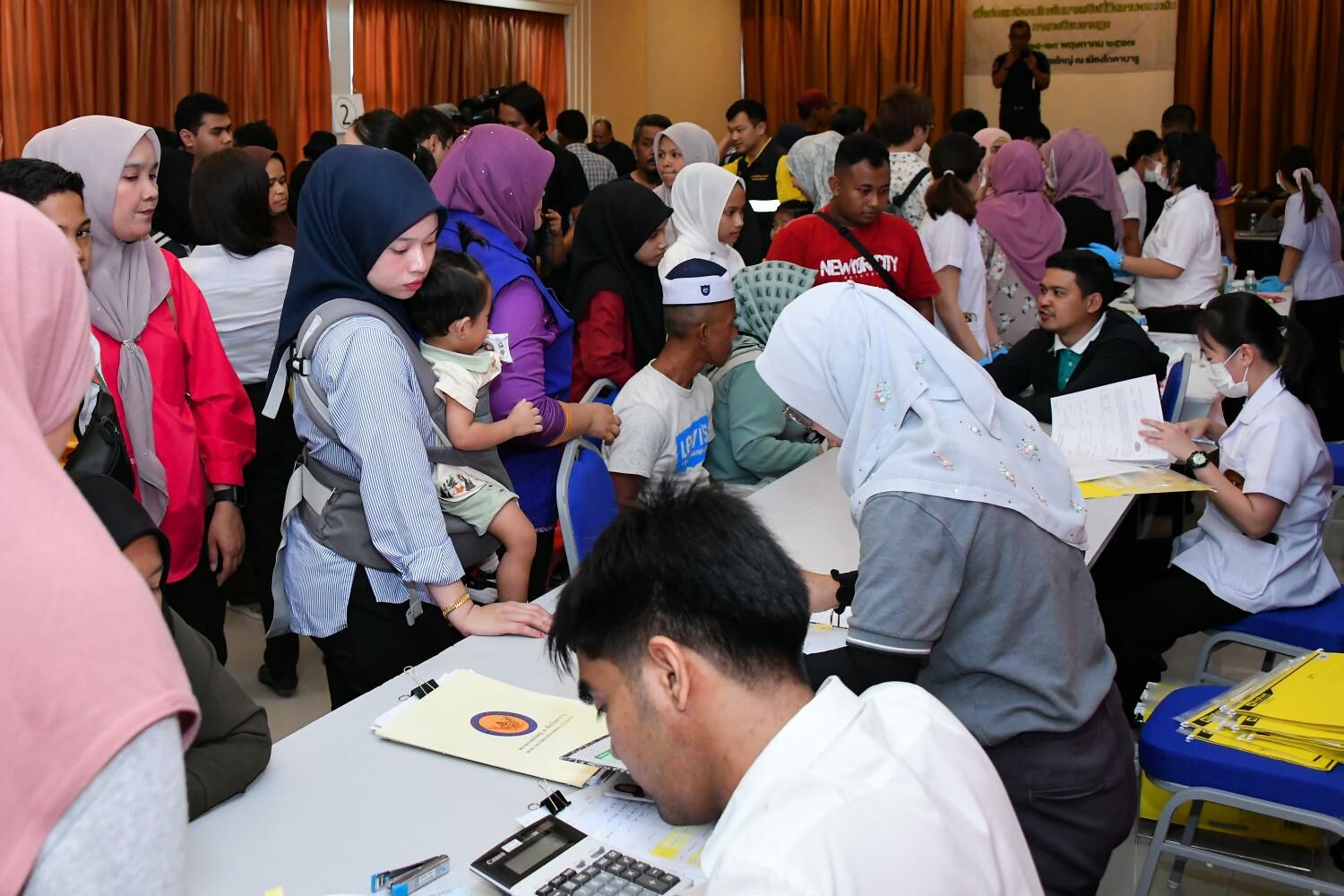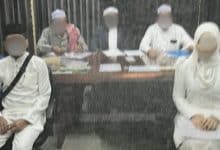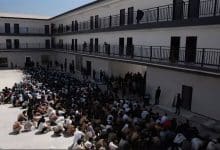Malaysia offers gene-ius solution for displaced Thais in Kota Bharu

The Foreign Affairs Ministry and Justice Ministry in Malaysia have collaborated to provide genetic testing for displaced Thai nationals in Kota Bharu.
Supported by the Royal Thai Consulate-General of Kota Bharu, the Southern Border Provinces Administrative Centre (SBPAC), and Thailand’s Central Institute of Forensic Science (CIFS), the project aims to confirm Thai nationality for those whose citizenship status was previously unverified, enabling them to receive their first Thai identification cards.
Nathapol Khantahiran, Deputy Permanent Secretary of the Foreign Affairs Ministry, highlighted the project’s goal to assist displaced individuals in obtaining Thai citizenship and the associated benefits. The initiative, which began in 2017, faced a hiatus from 2020 to 2022 due to the Covid-19 pandemic but has seen a steady increase in participants since its inception.
Phasit Chudabuddhi, Consul-General of Kota Bharu, noted that the project started with 74 participants in its first year and grew to 90 in 2018, 92 in 2019, 97 in 2023, and 235 this year. After resuming in 2023, 97 individuals underwent DNA testing, resulting in the issuance of 89 birth certificates and 70 ID cards at the One Stop Service Centre in Narathiwat’s Kolok district, Phasit said.
“The increasing number of participants shows the project’s success as well as the positive feedback from the people who were tearful with happiness when they received their first ID cards. They were accepted as Thai citizens.”
Receiving Thai citizenship opens doors to various benefits, including access to the formal education system, job opportunities, and medical treatments supported by the National Health Security Office (NHSO). Phasit emphasised the project’s focus on enhancing people’s well-being by ensuring they receive their rightful entitlements.
Kuheng Yawohasun, secretary to the Justice Minister, expressed a desire to involve the Social Development and Human Security Ministry, noting the inclusion of children and pregnant women among the participants who require additional support. He stressed that issuing ID cards to displaced individuals in border towns could help address the ongoing unrest in Thailand’s southern provinces.
DNA testing
Worawee Chaiwut, CIFS deputy director, mentioned that the project aims for completion within five years. CIFS is also working to verify the status of stateless individuals in both Thailand and Malaysia. In Thailand alone, there are approximately 990,000 stateless people who need DNA tests.
Sommai Boonkliang, assistant to the SBPAC’s secretary, reported that many individuals who received their ID cards felt as though they had gained a new life. This sentiment underscores the project’s significant impact on participants’ lives.
Worawut Phongprapapan, Director-General of the Consular Affairs Department, acknowledged the project’s success but pointed out the need for legal amendments to prevent the potential sale of ID cards, reported Bangkok Post.
One participant, identified as Rosmi, expressed her delight with the project’s establishment in the city. She noted that it facilitated her secondborn child’s citizenship without incurring service charges, unlike her first child’s process in Thailand, which cost her at least 8,000 baht (US$220).
Latest Thailand News
Follow The Thaiger on Google News:


























